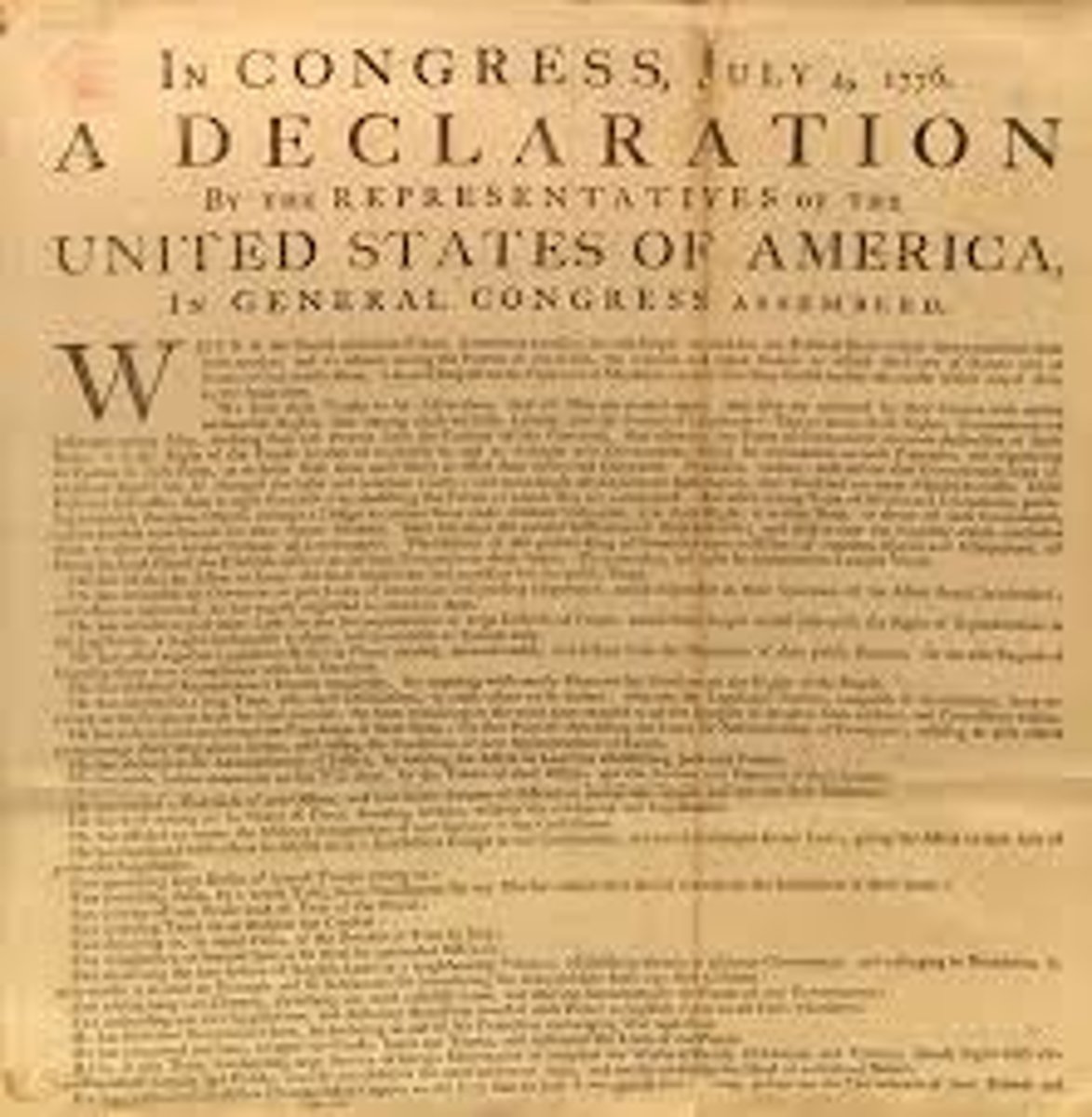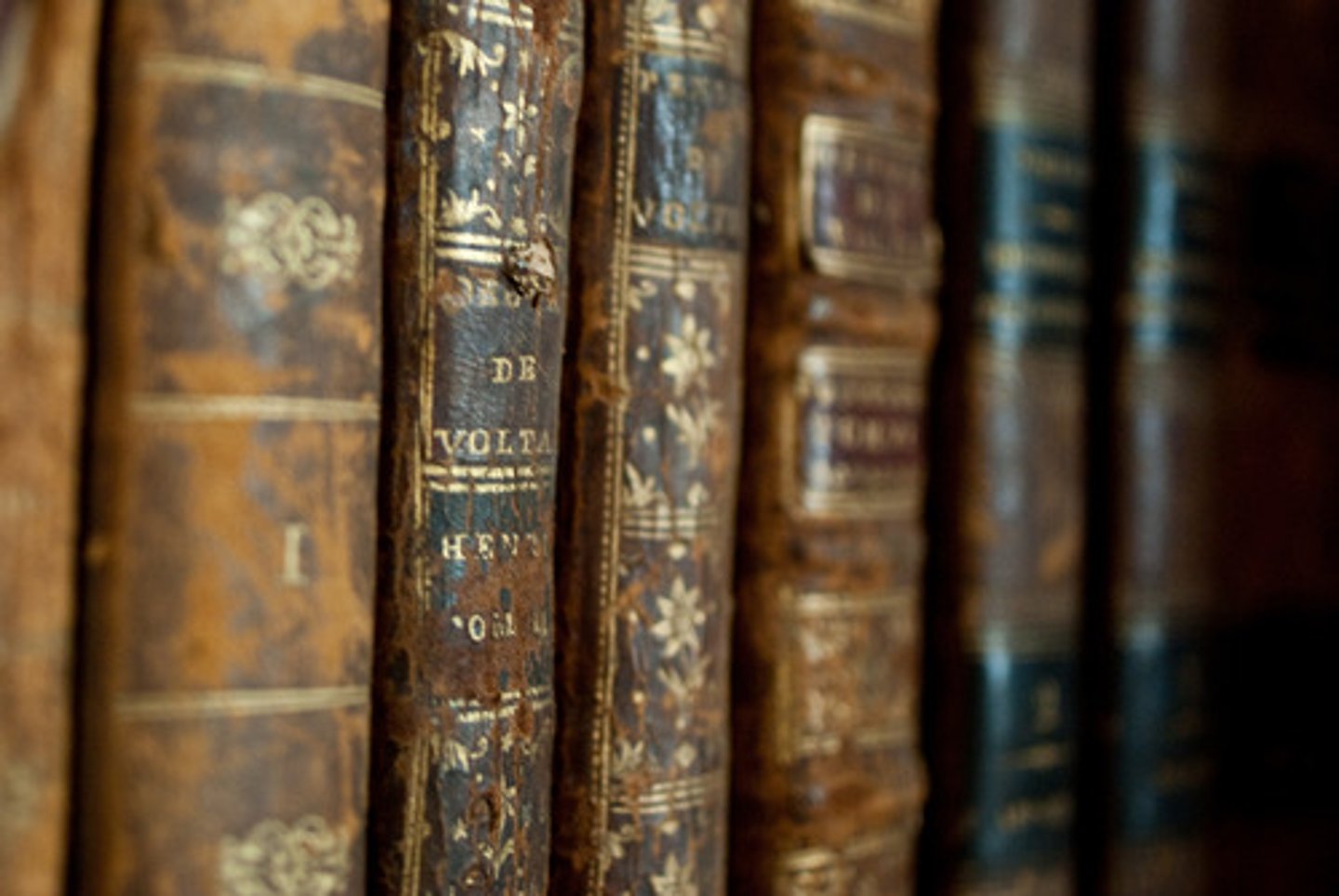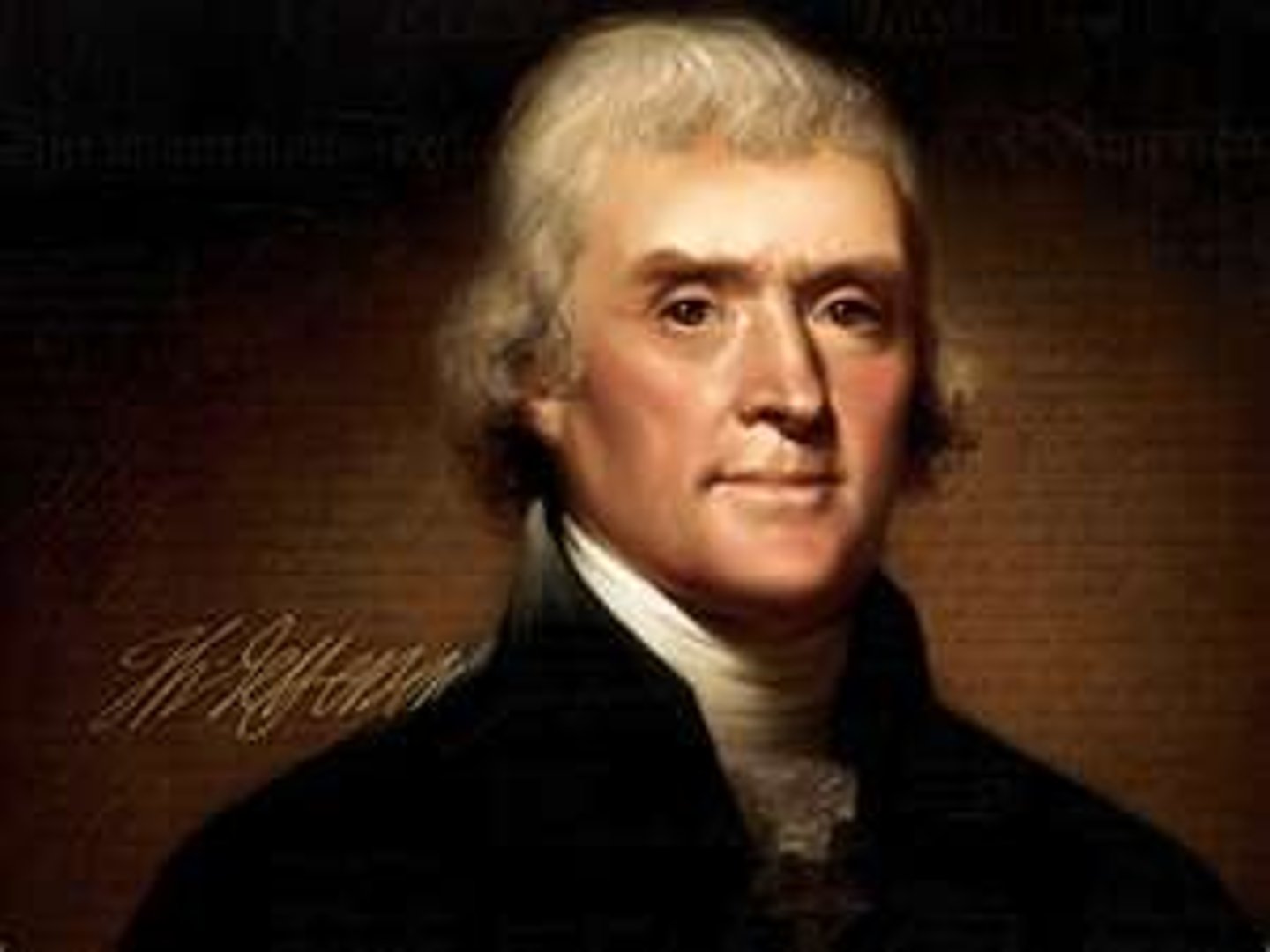Declaration of Independence
1/13
There's no tags or description
Looks like no tags are added yet.
Name | Mastery | Learn | Test | Matching | Spaced |
|---|
No study sessions yet.
14 Terms
Declaration of Independence
Signed in 1776 by US revolutionaries; it declared the United States as a free state.

July 4, 1776
Declaration of Independence was signed
The Enlightenment
a movement that emphasized science and reason as guides to help see the world more clearly

John Locke
English philosopher who advocated the idea of a "social contract" in which government powers are derived from the consent of the governed and in which the government serves the people; also said people have natural rights to life, liberty and property.
Thomas Jefferson
Wrote the Declaration of Independence, slave owning, eventual President of the United States.

Natural Rights
the idea that all humans are born with rights, which include the right to life, liberty, and property
Social Contract
an implicit agreement among the members of a society to cooperate for social benefits
Thirteen Colonies
Before the British lost the Revolutionary War, they controlled the following colonies: Connecticut, Delaware, Georgia, Maryland, Massachusetts, New Hampshire, New Jersey, New York, North Carolina, South Carolina, Pennsylvania, Rhode Island and Virginia
Self-Evident Truths
A set of logical and basic assumptions or rules used to evaluate our knowledge. "Obvious Truths"
Unalienable Rights
rights that cannot be taken away
pursuit of happiness
The inalienable right that allows people to gain their goals that will make them happy (as long as it doesn't infringe on anyone else's rights)
Purpose of Government
to protect those natural rights that the individual cannot effectively protect themselves
Right of Revolution
The Right of the people to overthrow a government that acts against their common interests.
British Parliament
England's lawmaking body consisting of House of Lords and House of Commons